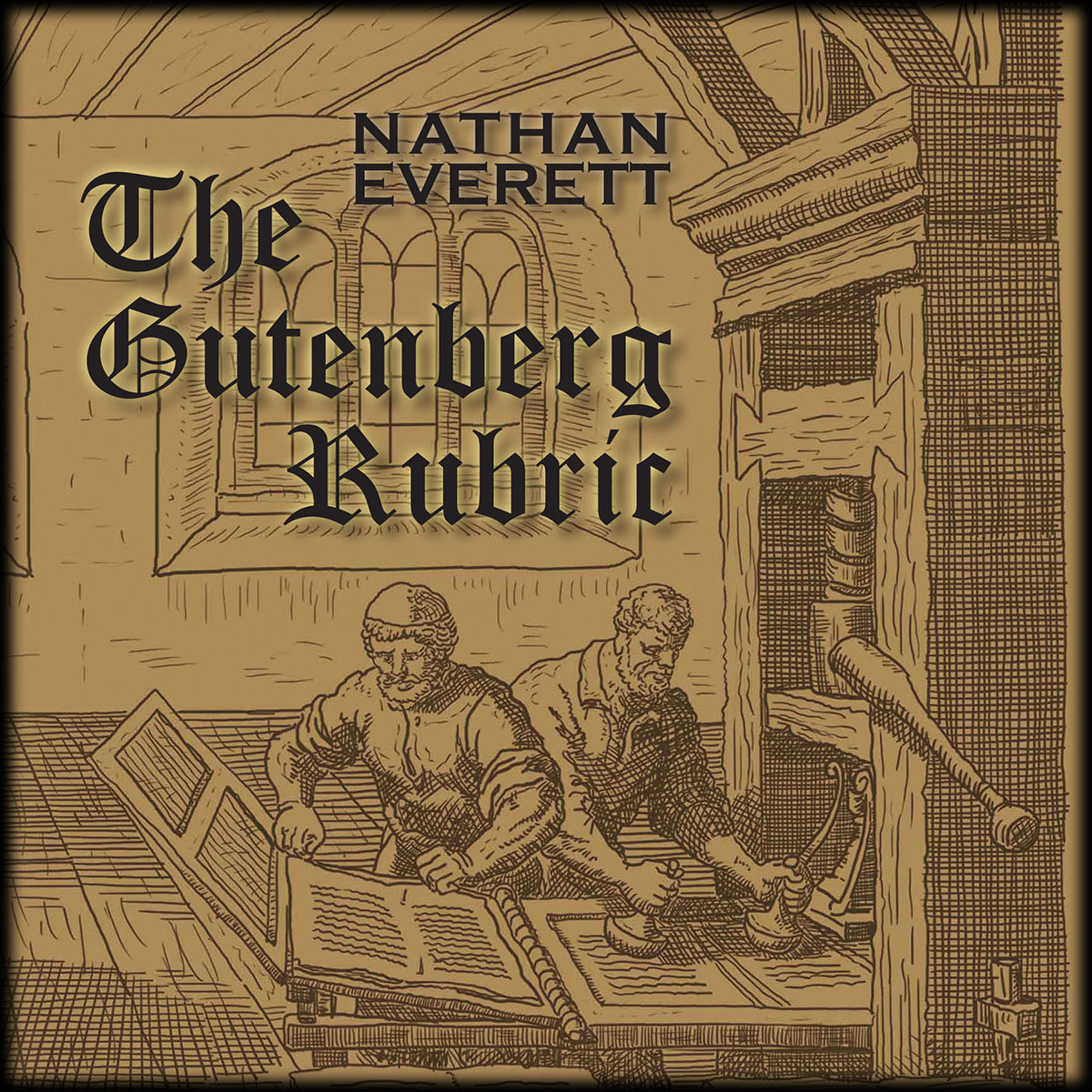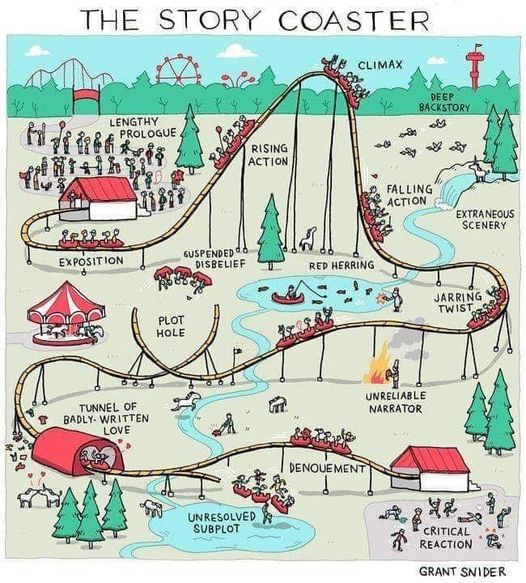6/16/24
Knowing Where to Start
This is number sixty-six in the blog series, “My Life in Erotica.” I encourage you to join my Patreon community to support my writing.

I SPEND WAY TOO MUCH TIME working sudoku puzzles. It’s a filler when I’m eating a meal (or waiting for one) in a restaurant. When I need to take a break from writing, I work sudoku puzzles. Most importantly, when I go to bed, I turn off all my devices and work a sudoku puzzle. I have learned important life lessons from sudoku.
I mean really! And they affect my erotica.
Let me see if I can pull those two threads together for you.
I have worked my way through the Mensa book of sudoku, Level 2 of Truly Nasty Sudoku, and Brown Belt Sudoku, second degree. I know what a Gordonian Rectangle, an X-wing, and a swordfish are. They are solution techniques for sudoku puzzles. And the puzzles are getting harder as I progress. They require more logic maps to solve them.
As a brief side-track (as if this whole section isn’t a side-track), I have a friend who is a brilliant mind. He is an electrical engineer and if I named some of the systems he invented while working for two of the largest tech giants in the world, you would just say, “Wow!” He also works sudoku puzzles. But his approach is very different than mine. He thinks sudoku is a game. He works the puzzles in ink. His daughter once asked, “What if you make a mistake?” His answer was, “Then I lose the game.”
NO! Please. To me, sudoku is not a game. It is a puzzle to be solved. If I make a mistake and ‘lose a game’—often the case when I’m working a puzzle late at night and falling asleep in the process—I erase the puzzle and start over!
Yes, erase. I work sudoku on paper with a pencil. I make marks, small numbers, and erasures.
But success often depends on what order I solve the steps. I can’t approach sudoku randomly. There are methods of identifying the ‘only one choice’ answers. There are methods of examining rows, columns, and boxes, of looking at the possibilities for individual numbers, and ways to separate triples from doubles.
Choosing the right place to start, however, often determines whether I succeed in solving the problem.
That’s just like writing erotica!

Before I started writing Nathan Everett’s The Gutenberg Rubric in January 2008, I had compiled several hundred pages of esoteric research over a period of thirty years. I knew everything that went into the story. Most impressive amongst the collection of notes was every scrap of information I could dig up on the Library of Alexandria and its destruction or disappearance.
I was excited about that research and started my book with Ptolemy Soter making the City of Alexandria the capital of Egypt after Alexander the Great’s death and division of his empire.
You know: Start a story at the beginning. Of the first 40,000 words I wrote, 25,000 were descriptions of how the Library of Alexandria was founded, flourished, spread, was destroyed, was moved in secret to Carthage, then Rome, then Constantinople, and finally to Nemrud Dagi in Anatole.
They were the first words I cut when I began rewriting in November of 2008. The manufactured history of the Library of Alexandria was not the thriller of racing time, biblioterrorists, and homeland security across two continents in an effort to find and preserve a second book supposedly printed by Johannes von Gutenberg.
Instead, I started the book with the first act of biblioterrorism that caught Keith Drucker in the rain of shattered glass from the atrium of the library where he’d been evaluating old manuscripts. It was a much better starting point. The book flowed well from that point on. The history of the Library—as well as the history of ink, the legends surrounding Gutenberg’s legal and business dealings, the exact proportions of lead, tin, and antimony needed to create a dimensionally stable alloy for printer’s type—was revealed in dribbles as Keith and his girlfriend Maddie go from library to library, just one step ahead of the terrorists.
I found the right starting point.
The Gutenberg Rubric eBook is available from Bookapy. The trade paperback is available from other vendors.

Starting at the beginning is a logical step in erotica. But when I wrote Devon Layne’s Living Next Door to Heaven series, I had to restrain myself from writing any sexual material involving any of the major characters until the second book because they were all under fourteen. After having the first chapter rejected four times, even after I scrubbed it, SOL’s webmaster approved it for release and explained the automated system had rejected it based on the description, which talked about kids.
I felt the entire story would be lacking if I didn’t start with the kids, though. Still, it didn’t start with birth. I chose a significant moment that would establish Brian’s relationship with Heaven immediately, even though it was not sexual or romantic.
I saw a cartoon recently from Grant Snider that described what he called “The Story Coaster.”

Check out Grant Snider’s website for great “Poetry Comics.”
Like much erotica, the illustration shows way too much deep backstory, lengthy prologue, and exposition before finally getting to the climax at only about a quarter of the way through the book. From there on, the author is trying to figure out a) how to make it longer, or b) how to end it all gracefully.
I have been told—frequently—that I need to get some action right up front while not giving away the whole storyline. I fail at it as often as I succeed. But usually, I manage to find the beginning of the story I want to tell instead of reciting tons of backstory that I need to know in order to write the story, but the reader doesn’t need to be told in order to enjoy the story.
Of course, there is a plethora of authors who take the action-first advice and open with a sex scene. I find it is better in my books to build a lot of sexual tension between the characters, but to make them wait to get to the main event. Typically, my readers have to get through half the book before they are rewarded with sex. Once again, it’s something I strive for but am not always successful at achieving.
If I fail at solving a sudoku puzzle, I erase it and start over, choosing a different starting point based on what I learned the first time. The same is true of my erotica. All of my stories get rewritten, but the second draft is all about finding the right starting point for the story. Based on what I learned in writing the whole book, is the first sentence that I loved so much really the right first sentence to start the book?

Much of the craft of writing erotica is just general writing craft. Next week I’m going to deal with another important aspect: Getting to “The End.”
Please feel free to send comments to the author at devon@devonlayne.com.
